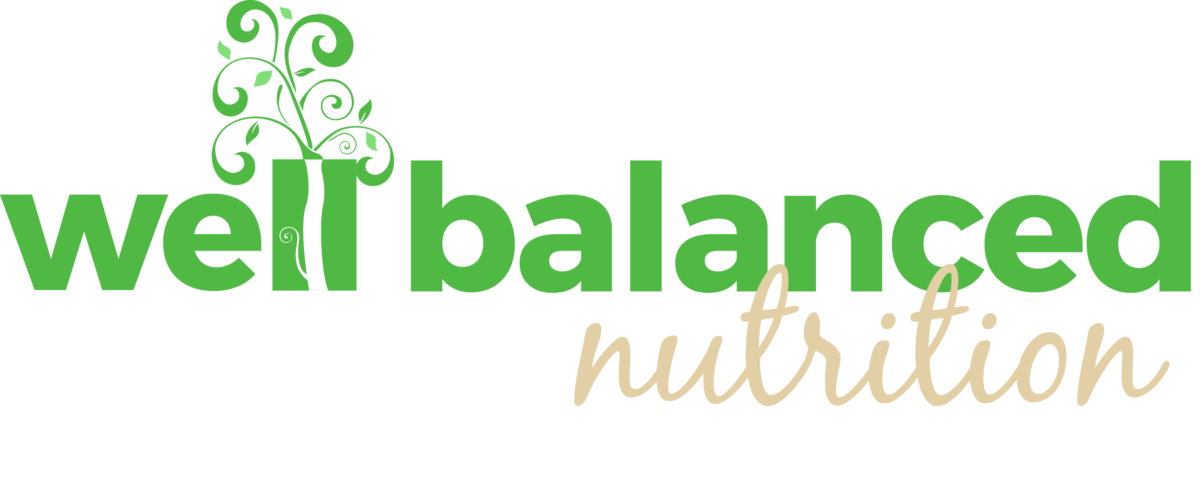New year, NOT new you. A change in the calendar year does not mean you have to change who you are. Quite often New Year’s resolutions make us feel we are not good enough the way we are.
That’s why we’re here to tell you that you are worthy just as you are right now.
At Well Balanced we believe that resolutions can start at any time since each new day is a fresh start. However, if you like setting new goals in the new year we are here to help! Below are red flags to look for and simple tips for creating a plan that fits your needs.
Resolution Red Flags
- Restrictive
Whether it is a diet or lifestyle change, if it restricts aspects of your life or foods that you enjoy, then it will likely be hard to maintain. Not to mention it is not healthy to cut out food groups, dramatically reduce calories, or withold things we love. Instead of cutting things out, focus on balance or adding in healthier foods and habits. - Costly
Resolutions do not need to break the bank. In fact, many life changing shifts are free. For example, adding in a meditation or gratitude practice costs you nothing financially, but gives you priceless mental gains. - Shaming
If a resolution includes negative words that make you feel less than or guilty, then it may be beneficial to rethink or reframe it. Instead of telling yourself to “stop” a certain behavior, ask what you can add in or change. Words matter, so make sure your goals have a positive ring to them. - All or nothing
When making changes, it is important they’re flexible and realistic. If you have to completely stop a behavior or cut out a certain food altogether, then it is not sustainable in the long run. Focusing on small reductions or taking baby steps towards cutting something out will actually make the change more sustainable.
Tips for a Well Balanced Resolution
- Have a list of values
Before setting goals or coming up with your resolution, write down your core values. Setting goals for goals sake is not always beneficial, whereas goals aligned with your values will help you stay connected to yourself and what matters most to you, making it easier to stick to them. If you need help identifying your values, we recommend starting with Brene Brown’s core values exercise. - Make them SMART
SMART goals are those that are specific, measurable, attainable, realistic, and time-bound. The more specified the goal or resolution, the better. For example, rather than saying “I want to workout more in the new year” make it SMART by saying “I will go to the gym 3 times a week for the next 3 months and use a workout plan.” When you specify what exactly you are going to do and put time limits around the goal, you are more likely to follow through. - Visualize obstacles
When setting goals, it is important to visualize possible roadblocks in order to equip yourself with the tools to overcome them. When you imagine possible challenges, you weaken the element of surprise and make it easier to stick to a new habit. - Remember: consistency over perfection
Resolutions are not about perfecting a certain aspect of you or your life, rather they are about growth and evolution. So when it comes to your goals, remember it is more important (and beneficial) to do something consistently rather than perfectly. The more often you participate in a behavior or do something routinely, the more likely it’ll become a habit.
If you’re not sure how to get started, be sure to book a complimentary coaching call with one of our friendly dietitians at Well Balanced Nutrition!



